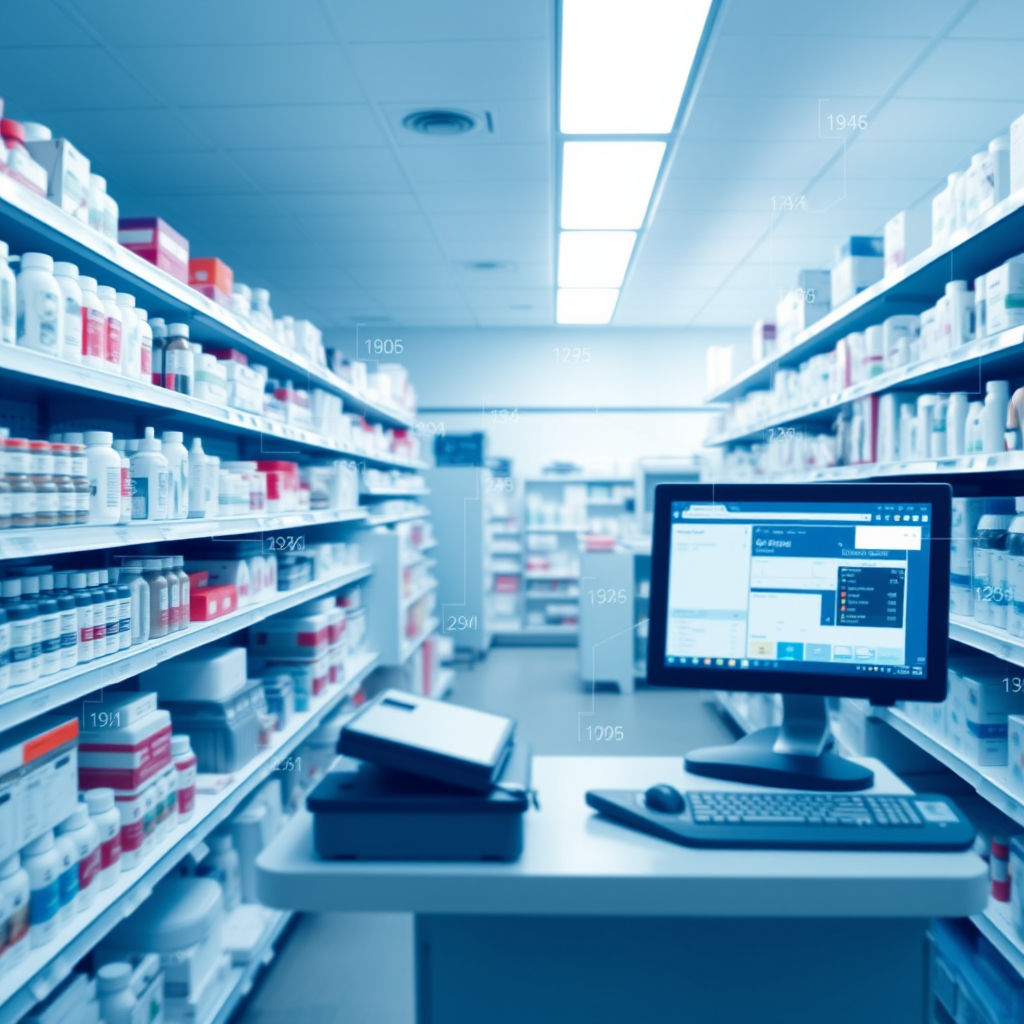
CALL OR MESSAGE US AT:
+91 63036 31576
Please WhatsApp your Prescription on the above number & We can Get it Ready for you
At MedAux
YOUR HEALTH IS OUR PRIORITY
Chalmydia

Chlamydia is a common sexually transmitted infection (STI) caused by the bacterium, Chlamydia trachomatis.
Left untreated in women, Chlamydia may cause pelvic inflammatory disease (PID), which can damage the reproductive organs. Symptoms are usually mild or absent so serious complications such as chronic pelvic pain, infertility and ectopic pregnancy can occur 'silently' with a woman being unaware that she is infected. Chlamydia rarely causes complications in men. Infection sometimes spreads to the epididymis (a tube that carries sperm from the testis), causing pain, fever, and rarely, sterility.
RISK FACTORS
Chlamydia can be transmitted during vaginal, anal, or oral sex. Multiple sexual partners and having unprotected sex increases the risk of infection with Chlamydia.
SYMPTOMS
At least 50% of men and 70% of women infected with Chlamydia do not have any symptoms. If a person does experience symptoms, they usually occur 1 to 3 weeks after infection.
Women who have symptoms might have;
• An abnormal vaginal discharge
• A burning sensation when urinating
• Lower abdominal pain
• Lower back pain
• Nausea
• Fever
• Pain during intercourse
• Bleeding between menstrual periods.
Men with signs or symptoms might have;
• A discharge from the penis
• A burning sensation when urinating
• Burning and itching around the opening of the penis.
Men or women who have receptive anal intercourse may acquire Chlamydial infection in the rectum, which can cause rectal pain, discharge or bleeding.
TREATMENT OPTIONS
As with all medical conditions, your Doctor should be consulted for diagnosis and treatment. There are laboratory tests to diagnose Chlamydia. Some can be performed on urine, other tests require that a specimen be collected from a site such as the penis or cervix.
Treatment usually involves taking a single dose of an antibiotic prescribed by your Doctor. It is very important not to have sex for at least a week after treatment. If your partner is also being treated, do not have sex until at least a week after both of you have been treated.
PREVENTION
Having one sexual partner who has been tested and is known to be uninfected is the best way to avoid contracting an STI. Male condoms, when used consistently and correctly, can reduce the risk of transmission of Chlamydia.
It is advisable to be tested for Chlamydia if;
• You have any of the signs of the infection
• Your partner has been diagnosed with Chlamydia, even if they do not have any symptoms
• You have had unprotected sex with any partner, including a casual partner
• Your partner has had sex with someone who could be infected
• You have recently changed sexual partners
• You have any other sexually transmitted infection.
PHARMACIST'S ADVICE
Ask your MedAux Pharmacist for advice
1. By using latex condoms correctly and consistently during vaginal or rectal sexual activity, you can reduce your risk of getting and/or transmitting Chlamydia. Condoms are available from your Pharmacy.
2. Lubricant should be used with a condom. It helps to prevent a condom from breaking. Always choose a water-soluble lubricant (not petroleum jelly) and rub it on the outside of the condom. Lubricants are available from your Pharmacy.
3. If the diet is inadequate consider some supplements. After taking a course of antibiotics, Acidophilus is suggested to restore the friendly bacteria in the bowel.
4. As antibiotics increase the demand for B group vitamins, additional B Group might be of benefit if dietary intake is inadequate.
